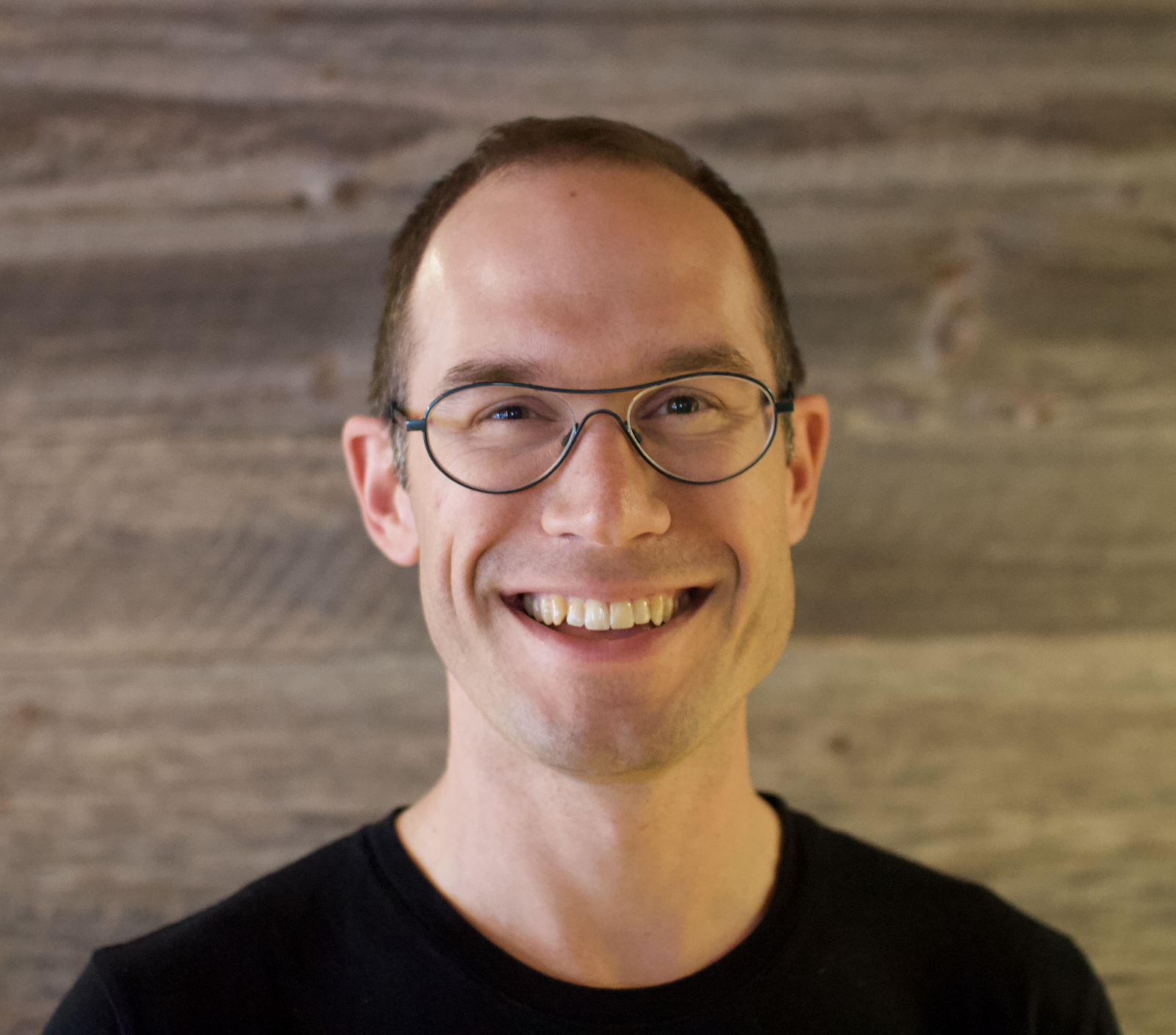Driving Service Ownership with Distributed Tracing
Date: Thursday, August 6th at 11am PDT / 2pm EDT
While many organizations are rolling out Kubernetes, breaking up their monoliths, and adopting DevOps practices with the hope of increasing developer velocity and improving reliability, it’s not enough just to put these tools in the hands of developers: you’ve got to incentivize developers to use them. Service ownership provides these incentives, by holding teams accountable for metrics like the performance and reliability of their services as well as by giving them the agency to improve those metrics.
In this talk, I’ll cover how distributed tracing can serve as the backbone of service ownership. For SRE teams that are setting standards for their organizations, it can help drive things like documentation, communication, on-call processes, and SLOs by providing a single source of truth for what’s happening across the entire application. For embedded SRE teams, it can also accelerate root cause analysis and make alerts more actionable by showing developers what’s changed – even if that change was a dozen services away. Throughout the talk, I’ll use examples drawn from more than a decade of experience with SRE teams in organizations big and small.
By the end of this talk, you’ll understand why service ownership is so important to modern software development and how distributed tracing can drive that ownership in your organization and, by doing so, improve performance and reliability for your application.
Register now!
About the presenter:
 Daniel “Spoons” Spoonhower, CTO and Co-founder, Lightstep
Daniel “Spoons” Spoonhower, CTO and Co-founder, Lightstep
Spoons (or more formally Daniel Spoonhower) is CTO and a co-founder at Lightstep, where he's building performance management tools for deep software systems. Previously, Spoons spent almost six years at Google where he worked alongside and in support of SRE teams as part of both Google’s infrastructure and Cloud Platform organizations. He has published papers on the performance of parallel programs, garbage collection, and real-time programming. He has a PhD in programming languages from Carnegie Mellon University but still hasn’t found one he loves.